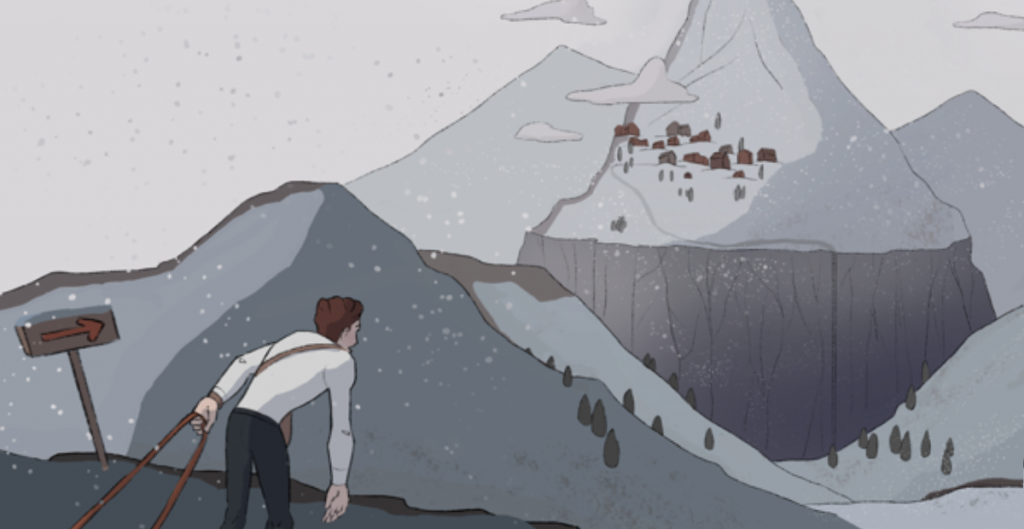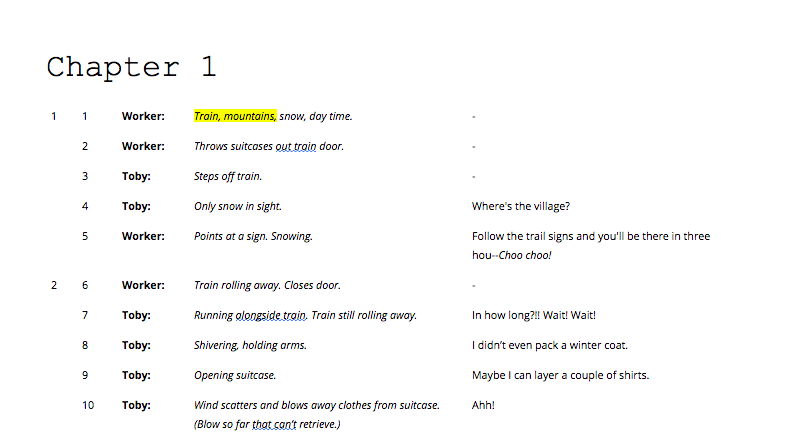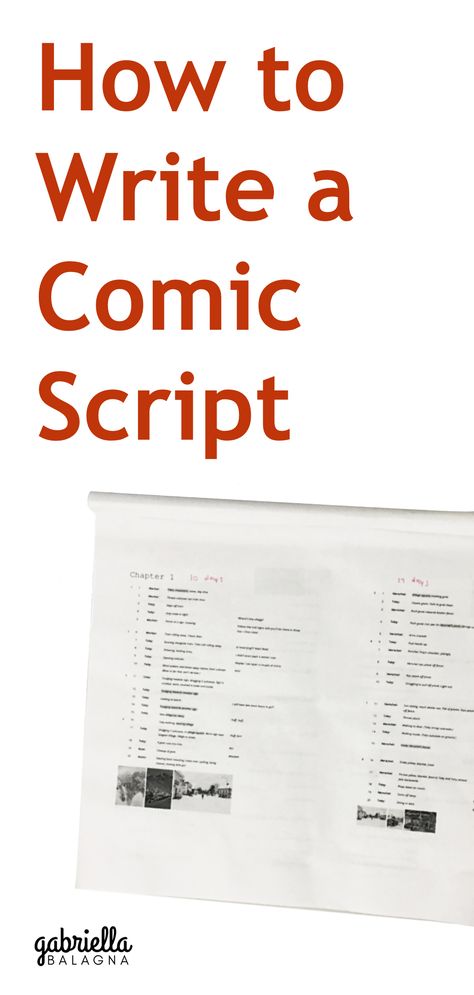How to Write a Comic Script – Tips on Story, Format, & Editing
This article covers everything you need to know about writing a comic script. Here are the topics covered:
- Getting Inspiration
- Creating the Idea
- Flushing Out the Story
- Choosing a Script Format
- Writing the Dialogue & Actions
- Editing the Script
- Getting Feedback
- Continuing the Comic Process
Getting Inspiration
The first step in creating a comic script is getting inspiration for your story. One idea is to make a mood board on Pinterest to get ideas for the setting and feel of your story. You can also look for ideas in your daily life, your favorite movies, books you have read, or even historical events. You can even draw inspiration from an event that has had a large impact on your life.
Creating the Idea
The next step in writing your script is honing down on the idea for your comic. Whatever you choose to write your story about, make sure it is a story you are dying to tell and are passionate about.
Try to decide which genre or genres you want your story to fall into. Also, determine what age group you want your story to appeal to. Keep this in mind so that your comic will match appropriately to your target audience.
Make sure your story idea is not too cliche or overdone. Your idea does not have to be 100% one-of-a-kind, but if it is too similar to a comic that is already out there, it will be harder to attract readers.
After that, think of a beginning, middle, and end for your story. This is a super important step, as later it will help you create an interesting introduction, main conflict, and satisfying ending to your story.
Next, create a rough idea of who the main characters will be. Also, pick out the setting and timeframe that the story will take place in. The setting can play a pivotal role in your story if you desire. For example, the main character of my comic fights an uphill battle against a snowy environment.

As a side note, if you are an artist, you may prefer to spend more of your time working on the illustrative side of your comic. If so, you can hire or collaborate with a writer to make your comic script. Another time saving option would be to look for a story in the public domain and adapt it into a comic. This way, you may not have to spend as much time writing a script.
Flushing Out the Story
After you have a general idea of what your story will be about, it is time to start filling in the details. You can do this by writing the story beats or writing summaries for each chapter/episode.
This is the point in the process when you need to nail down the scope of the story. Determine how long the comic will be. Try to keep in mind how many pages or episodes will need to be drawn. If the story is too long, you may need to cut out some characters or scenes.
Make sure the story has a good ratio of introduction, rising action, falling action, and climax.
This is the time to decide what format the comic will be drawn in (traditional, scrolling, etc.). That is because the format will effect the flow of the story. You will also need to know this in order to better organize and plan out your script.
Finally, for this step of the process, plan out who the main characters of your story will be. Try to give them each memorable personalities. Additionally, give each character some flaws and strengths. Decide their rough ages and maybe some likes or dislikes they have.
Choosing a Comic Script Format
The next step in the comic script process is to choose how you will organize your script. Choosing a good format will help keep you organized and make it easy for others to understand your script.
But unlike with the movie industry, there is no standard comic script format. However, if you are working with a particular publisher, check to see if they require a certain format. If you are an Indie publisher, you can use whatever comic script format you like, or even create your own.
For my comic, I decided to use a table to organize my writing, as shown below. The table makes it easy to keep track of what will show up on each comic page. The first column is the page number, the next column is the panel number, the next is who is speaking, the next is a description of the panel or action, and the last column is the dialogue and sound effects. Listing all this information out helps me not to put too much or too little dialogue per page. It also tells me what characters show up on a page, how many panels each page contains, and what will go in each panel.

Writing the Dialogue & Actions
This is the part of the comic script process where you start writing speech bubbles, panel descriptions, character actions, etc. Try not to spend too much time on the first draft of the script. Just focus on getting words onto the page. Also, do some research if you are lacking information about a particular topic in the story.
Editing the Comic Script
Once the first draft is finished, start fixing and improving the script.
Make sure the the story flows well and has a good setup. Keep in mind to include some cliff hangers or page turns that will keep readers interested in the story.
Also, be sure to check for any plot holes at this stage. Adjust word counts so there are not too many or too few words per page. Fix any grammar or punctuation errors.
Wait a minimum of a few days, then come back to the script again with fresh eyes and a reenergized mind. This will help you find any potential problems with your script that you did not notice before.
Getting Feedback
Next, have a few friends or family members review your script. Ask them to be honest and to give constructive criticism.
Try to ignore any overly harsh criticism. Do, however, pay attention to the helpful feedback and then, work to fix those problems in your script.

The Comic Script is Complete!
If you are not drawing the comic yourself, now it is time to pitch the idea to illustrators or a publisher.
If you are drawing the comic yourself, you can start making some visual development, character designs, model sheets, etc.


Discussion (5) ¬
Having read your blog, you obviously know what you are talking about. I’m sure visiting my page UY5 about Marketing will be worth your time!